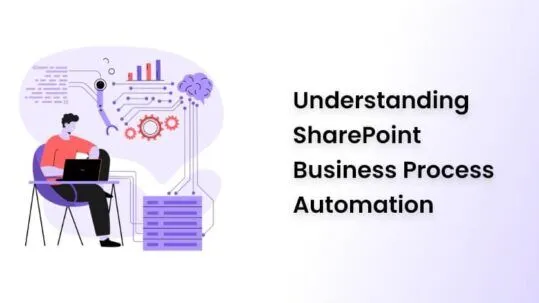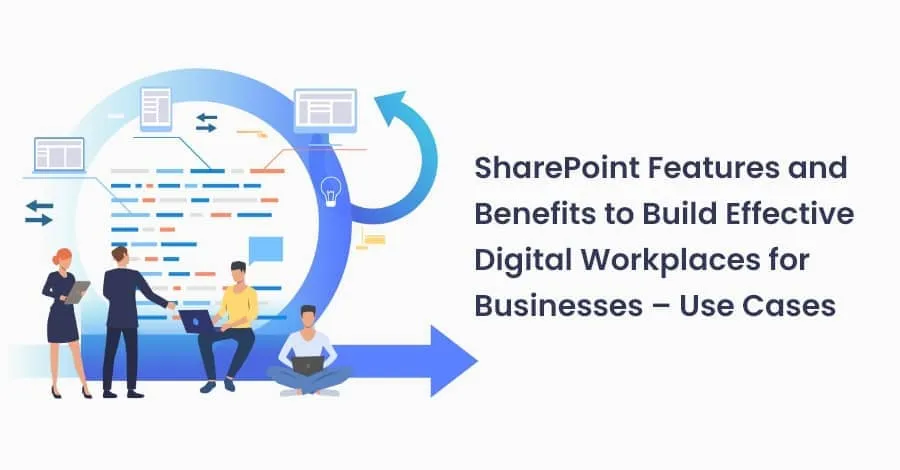

Artificial Intelligence (AI) has rapidly evolved from predictive models to generative systems—and now, to Agentic AI, which represents the next wave of intelligent automation. Unlike traditional AI, agentic AI goes beyond offering insights or generating content. It can act independently, make decisions, and execute workflows across platforms. By 2025, enterprises are expected to rely heavily on agentic AI tools, applications, and platforms to drive efficiency, reduce costs, and scale innovation.
What Is Agentic AI?
Agentic AI refers to autonomous AI systems capable of taking action, not just providing recommendations. These systems leverage multi-agent frameworks, real-time data analysis, and workflow automation to execute tasks without continuous human intervention.
Key components of agentic AI include:
- Autonomous decision-making powered by large language models and contextual reasoning.
- Integration with enterprise tools and platforms to perform end-to-end processes.
- Adaptability for learning from past outcomes and improving accuracy over time.
Top Use Cases of Agentic AI for Enterprises in 2025
1. Automated Customer Support and Engagement
Agentic AI tools are reshaping customer service. Instead of simple chatbots, enterprises now deploy agentic AI platforms that resolve issues, process transactions, and escalate cases intelligently. This ensures personalized and proactive customer engagement while reducing response times by up to 70%.
Solution impact: Enterprises can achieve 24/7 customer support at scale with fewer manual resources.
Sales Enablement and Revenue Growth
Agentic AI applications in sales go beyond lead scoring. They autonomously:
- Research prospects.
- Draft personalized outreach.
- Schedule meetings.
- Update CRM systems.
By handling repetitive tasks, sales teams can focus on relationship building, driving higher conversion rates and faster deal closures.
IT Operations and Cybersecurity Automation
In 2025, Agentic AI solutions are vital for enterprise IT management. They autonomously:
- Monitor network traffic for threats.
- Apply patches and fixes.
- Automate compliance reporting.
This reduces downtime, prevents breaches, and ensures enterprises meet regulatory standards with minimal manual oversight.
Human Resources and Recruitment
Hiring has always been time-consuming, but Agentic AI in business HR operations streamlines it by:
- Screening resumes with contextual accuracy.
- Scheduling interviews automatically.
- Onboarding new employees with AI-guided workflows.
This significantly accelerates talent acquisition and enhances the employee experience.
Supply Chain and Logistics Optimization
Agentic AI platforms analyze demand, monitor inventory, and negotiate supplier contracts autonomously. In logistics, AI agents reroute shipments in real-time based on disruptions like weather or traffic, ensuring on-time deliveries and reduced costs.
Finance and Risk Management
From fraud detection to automated invoicing, agentic AI applications in finance minimize errors and improve compliance. Intelligent agents can also perform real-time credit risk assessments, helping enterprises make faster, data-driven financial decisions.
Product Development and Innovation
Enterprises are adopting Agentic AI tools to accelerate R&D. AI agents autonomously test prototypes, run simulations, and even recommend new features based on customer feedback analysis. This shortens product life cycles and boosts innovation.
Drive Efficiency with Agentic AI Solutions for Enterprises
Understand the top enterprise use cases of Agentic AI solutions—autonomous decision-making, automation, and innovation across industries.

Benefits of Agentic AI Solutions for Enterprises
- Scalability: Enterprises can expand services without increasing workforce costs.
- Accuracy: Autonomous agents minimize human error.
- Speed: Processes that took days are now completed in minutes.
- Cost-efficiency: Automating workflows reduces operational expenses significantly.
FAQs
Q1: How is agentic AI different from traditional AI?
Traditional AI provides insights or content, but agentic AI acts independently. It doesn’t just recommend; it executes tasks and decisions without needing constant human input.
Q2: Which industries benefit most from agentic AI solutions?
Industries like finance, healthcare, e-commerce, logistics, and IT services are among the biggest beneficiaries, as they deal with repetitive, data-heavy, and compliance-driven workflows.
Q3: Are agentic AI platforms secure for enterprise use?
Yes. Modern agentic AI platforms are designed with advanced encryption, role-based access controls, and continuous monitoring to ensure data security and compliance with global regulations.
Final Thoughts
The top use cases of Agentic AI for enterprises in 2025 highlight one clear reality: businesses that adopt Agentic AI tools and solutions gain a competitive edge in efficiency, cost savings, and customer satisfaction. As enterprises continue to digitize operations, agentic AI applications will play a pivotal role in transforming workflows, enhancing security, and driving growth.
By integrating the right agentic AI platforms, organizations can stay ahead of the curve and unlock the full potential of intelligent automation.
Our Related Posts
SharePoint Online vs on Premise – Which is The Best Choice For Business?
As business technology advancements grow, so does the….
Understanding SharePoint Business Process Automation
In today’s business world, efficiency and productivity are ….
SharePoint Features and Benefits to Build Effective Digital Workplaces – Use Cases
What is SharePoint? It is an online application which helps in ….





Sorry, the comment form is closed at this time.